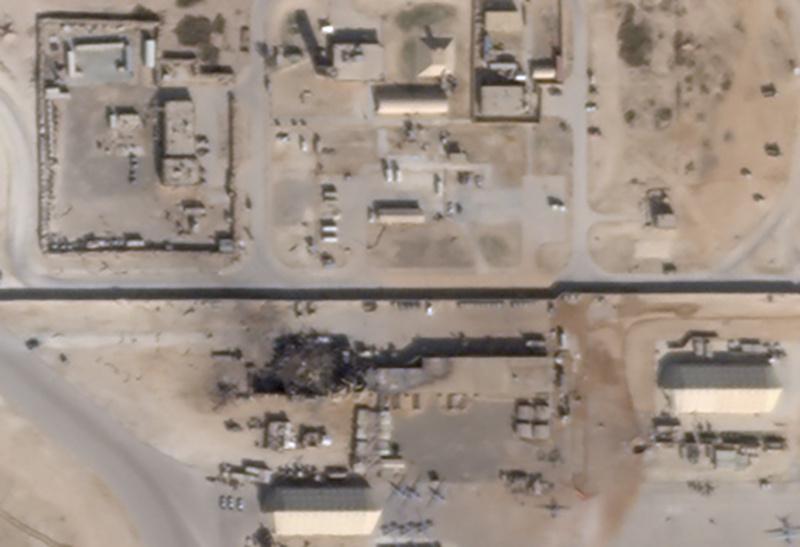The U.S. Army is considering sending missile-defense systems to Iraq following last week’s ballistic missile attack by Iran on a military base housing American troops.
Army Secretary Ryan McCarthy told reporters on Jan. 15 that the Pentagon is also mulling deploying other capabilities to protect American soldiers and bases from future strikes, according to Military.com.





